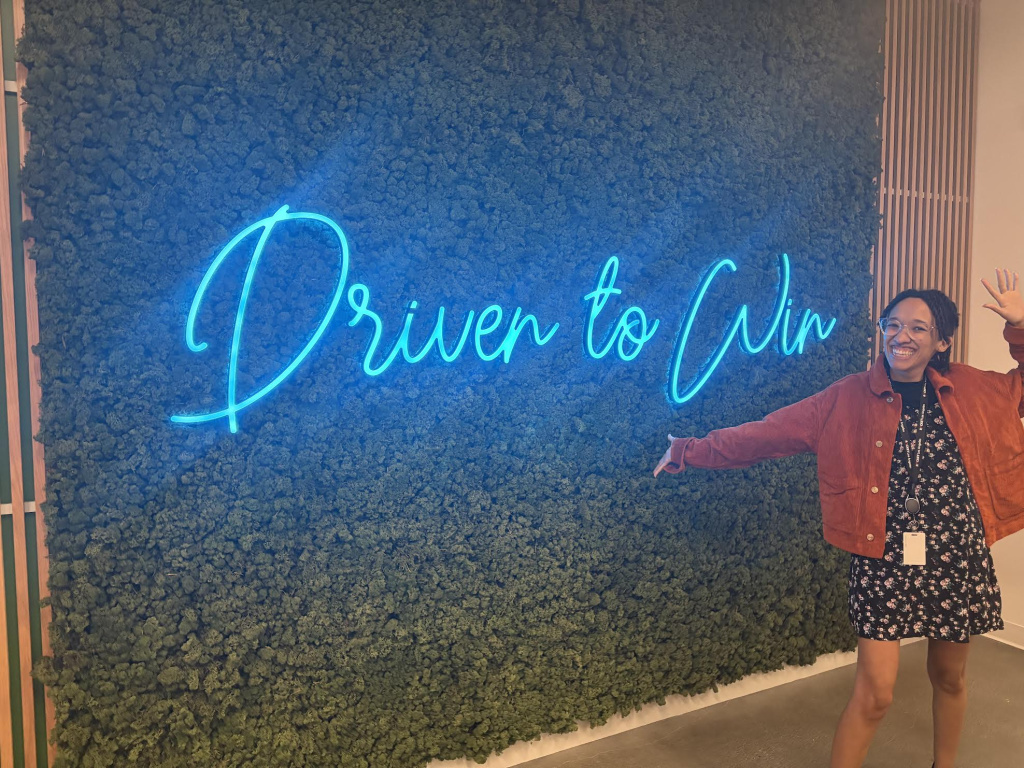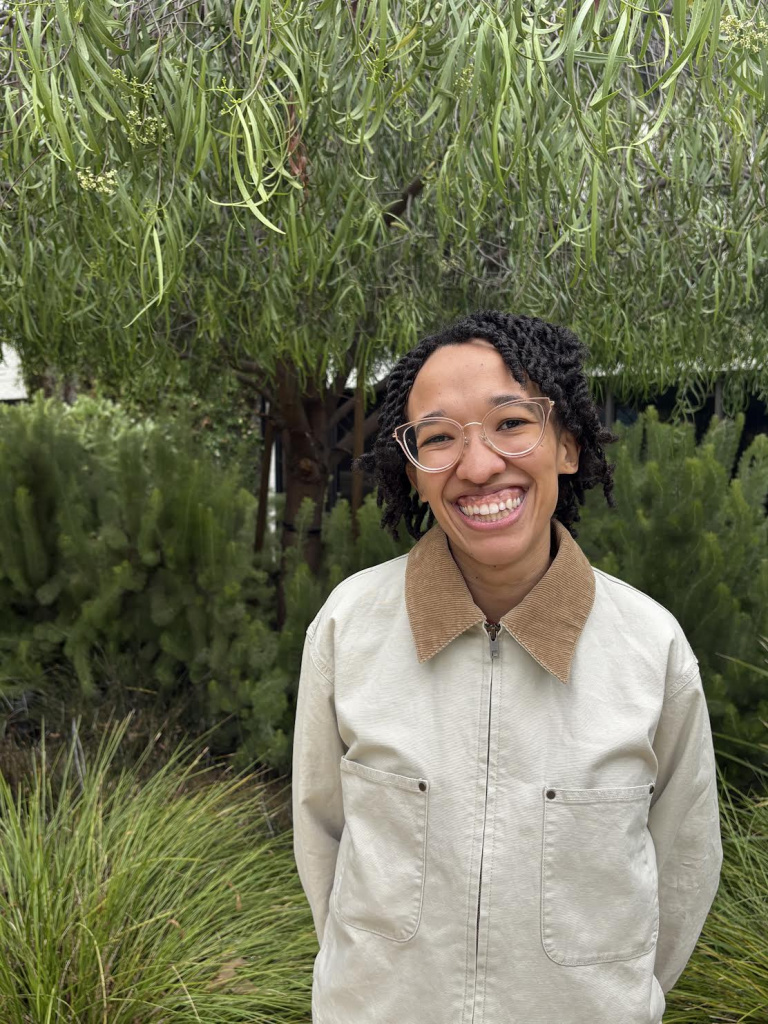30Under30 Honouree: Sam Stephens

Great to hear from Global 30 Under 30 Honouree, Sam Stephens, who is a Senior UX Researcher at Rocket Mortgage, where she leads rapid AI research initiatives designed to deliver faster, high-quality insights. She is also passionate about mentoring the next wave of researchers and designers, helping them strengthen their storytelling skills and elevate their craft.

How did you get into the industry and reach this point?
When I began majoring in cognitive science during my undergraduate degree, I was instantly captivated by how the mind works and how people see the world in such different ways. After graduation, I started my first job in customer support for a fintech company, which became a crash course in empathy. Every day, I talked with customers about what they liked about the financial app, what frustrated them and what they wished would change. Through those daily conversations, I realised I wanted to help turn their feedback into action.
So, I networked around internally, which led me to discover the research team and what they did in the organisation. I started connecting with them and began shadowing their work to learn how data and storytelling could drive impactful change. Not long after, I joined the research team full time to develop their Voice of the Customer reports. It was deeply rewarding to see how the feedback I once heard firsthand became product updates that improved people’s experiences and made them feel more confident in managing their finances.

Why should someone consider a career in market research, data and insights?
If you’re passionate about understanding diverse perspectives and creating products that genuinely improve people’s lives, then this is the field for you! As technology continues to rapidly evolve, it has never been more important to conduct research that helps us understand how people think, feel and adapt. A career in research constantly challenges you to stay curious, think critically and refine your craft. It’s a space where you can combine empathy with analytical thinking to make a real impact. On top of that, the research community is filled with knowledgeable, talented and deeply caring people who inspire me every day. Their passion and collaboration make this field not only rewarding, but also a place where meaningful change truly begins.

Career paths are rarely without challenges. Can you share a moment from your career when things didn’t go to plan, but the lessons learned remain with you to this day?
One of the most important lessons I learned early in my career is the power of storytelling in research. At first, I assumed that the data alone would speak for itself and I often struggled to get stakeholders on board with my findings. Over time, I realised that understanding your audience is just as important as the insights themselves. Different stakeholders care about different things and tailoring the way you present your work can make all the difference. Learning how to craft reports and presentations that connect with the people you want to influence has become an essential part of my research practice, and it is a lesson that continues to guide me in every project I take on.

What two things should junior researchers focus on as they progress in their careers?
I believe junior researchers should focus on mastering two things: research fundamentals and AI literacy. Striking the right balance between the two will set you apart.
While AI is transforming how we work, it can’t replace a sound foundation in research design, analysis and critical thinking. Without those fundamentals, it’s difficult to use AI tools in ways that generate valuable insights or to confidently defend your decisions when technology automates parts of the process that you may not have as much exposure to yet.
At the same time, AI is reshaping our field, so learning how to work with these tools is just as important. If trying to study both feels overwhelming, know that it’s completely normal! I always tell my mentees to start with one focus area and just learn enough to feel confident or until something more relevant takes priority. Learning doesn’t have to be linear. It’s adaptable and being able to pivot when needed is one of the most valuable skills a researcher can have.

Do you have any advice for our sector?
Keep welcoming people from diverse backgrounds into the field! As we design and develop new products, it’s essential to have as many unique voices in the room as possible. When researchers with different perspectives collaborate, we can better challenge assumptions, expand our methods and create insights that are more representative and impactful. Diversity of thought can help strengthen our work and drive innovation that leads to better outcomes for the customers we serve.

Is there anyone who has helped or supported you in your career who you’d like to acknowledge or thank?
Absolutely! I want to give a huge thank you to Maya Kantak, Angie Boes and Sam Beattie, who have each taught me so much over the past year at Rocket Mortgage. Their guidance and encouragement have shaped me into the researcher I am today. I also want to give a special shout-out to Heather Harrison, who took me under her wing early on in my career and taught me the core principles of conducting great research. Her mentorship and creative ideas continue to inspire me every day and I’m deeply grateful for her ongoing support.
